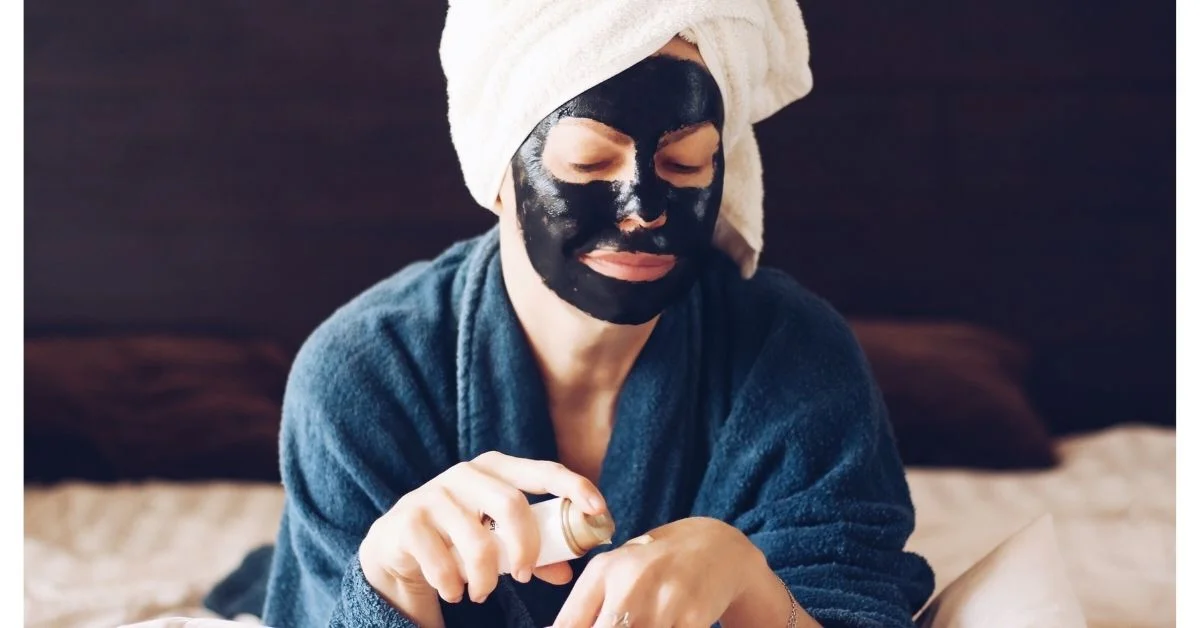Using the incorrect products — or even popularized Internet hacks — for your skin type could worsen acne, dryness, or other skin problems—however, no concern about your skin type. A daily skincare routine can aid you in maintaining overall skin health and improve specific concerns like acne, scarring, and dark spots.
Building A Daily Skin Care Routine
A daily skincare routine has four basic actions you can do earlier in the morning and once before you relax.
1. Cleansing
- Pick a cleanser that doesn’t give you tightened skin after washing.
- Clean your face never more than two times a day, or just once, if you have dry skin and don’t carry makeup.
- Dodge washing for that squeaky-clean feeling because that implies your skin’s natural oils are withdrawn
Also chcek – Fenty Beauty How Rihanna Delivered ‘Beauty for All’
2. Serums
A serum including vitamin C or growth factors or peptides would be more helpful in the morning under sunscreen. At night, retinol or prescription retinoids work thoroughly. It is recommended because it has a satisfactory vitamin C and E serum and retinol.
3. Moisturizer
Even oily skin requires moisturizer, but apply one that is gel-based, lightweight, and non-comedogenic, or doesn’t obstruct your pores. Dry skin may profit from more cream-based moisturizers. Most brands will specify their merchandise as gel or cream on the packaging.
4. Sunscreen
Administer sunscreen with at least 30 SPF 15 minutes before going outdoors, as it takes a while for sunscreen to activate. Darker skin tones need more sun protection because hyperpigmentation is harder to correct. Try those sunscreens, which offer broad-spectrum UVA/UVB protection.
Pick products that fit your skin type and sensitivity, and remember to read the labels. For instance, some products, like retinol or prescription retinoids, should only be practiced and applied at night.
- Stay hydrated.
- Change pillowcases at least once a week.
- Wash or bind up hair before going to bed.
- Carry sunscreen every day and use it 15 minutes before traveling out.
- Begin with a basic and simple routine to see how your skin reacts. Once you’re comfortable, you can add additional products such as exfoliants, masks, and spot treatments to boost your skin’s health.
- Don’t overlook to patch test new products, particularly if you suspect you have sensitive skin. It can help you identify potential allergic reactions.
Avoid DIY Hacks
People report wonders using DIY hacks like lemon juice and toothpaste for common skin problems like acne bumps and dark spots. The fact is these hacks may create more long-term harm than advantages because they can degrade your skin’s barrier.
- Lemon juice contains citric acidic, but it’s far too acidic and can create dark spots to develop after sun exposure. It can dry and irritate your skin.
- Baking soda possesses a pH level of 8. It will stress your skin, significantly decrease skin’s water content, and make skin dry.
- Garlic: In raw form, garlic can create skin allergies, skin inflammation, eczema, and blisters.
- Toothpaste: The components in toothpaste may kill germs and consume oil, but they can also dry out or hurt your skin.
- Sugar: Sugar, as an exfoliant, is too hard for the surface on your face.
- Vitamin E: Topical applying of vitamin E can irritate your skin and is not warranted to improve scar appearance.
Some of these components may be all-natural and cost-effective, but they aren’t designed for your skin. Even if you don’t see immediate side effects, these ingredients may create delayed or long-term damage.
Conclusion
It’s most beneficial to use products formulated for your face. Consult your doctor or dermatologist before trying DIY applications on your skin.
